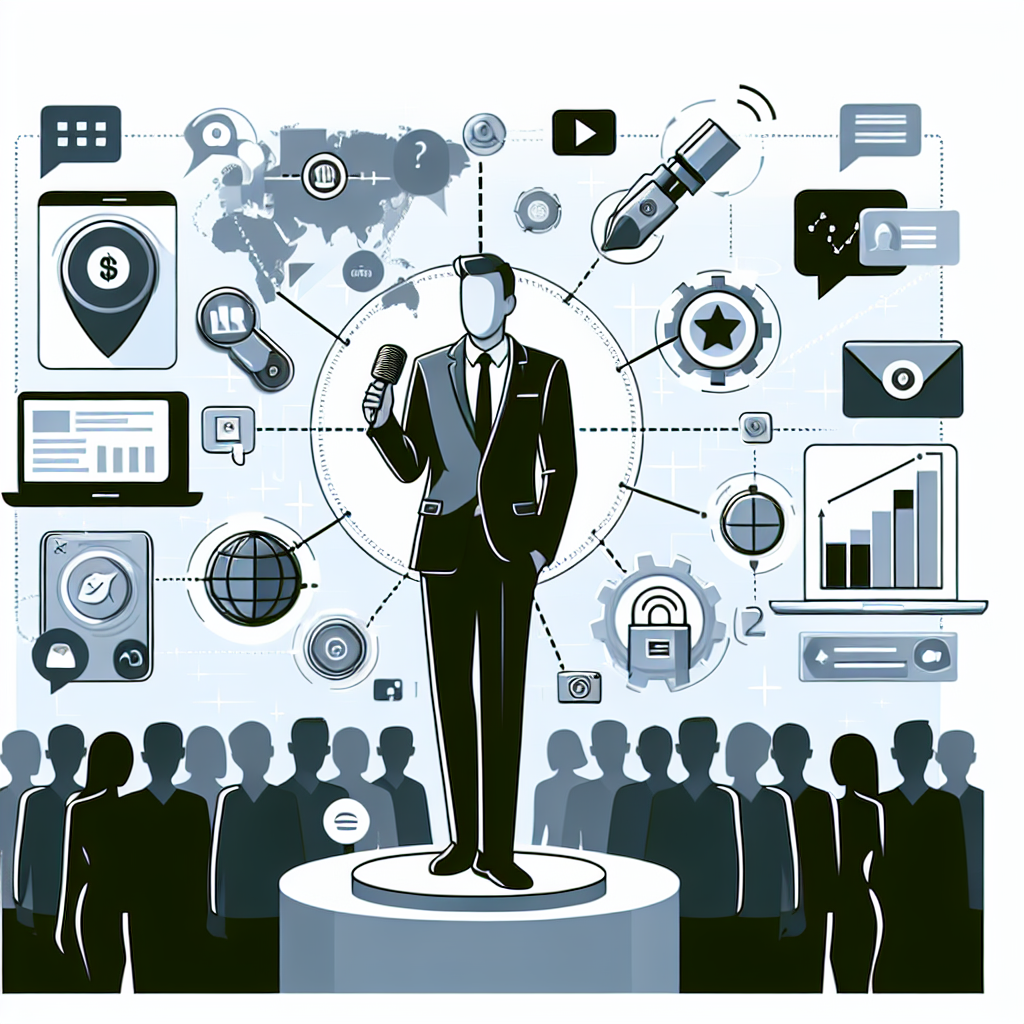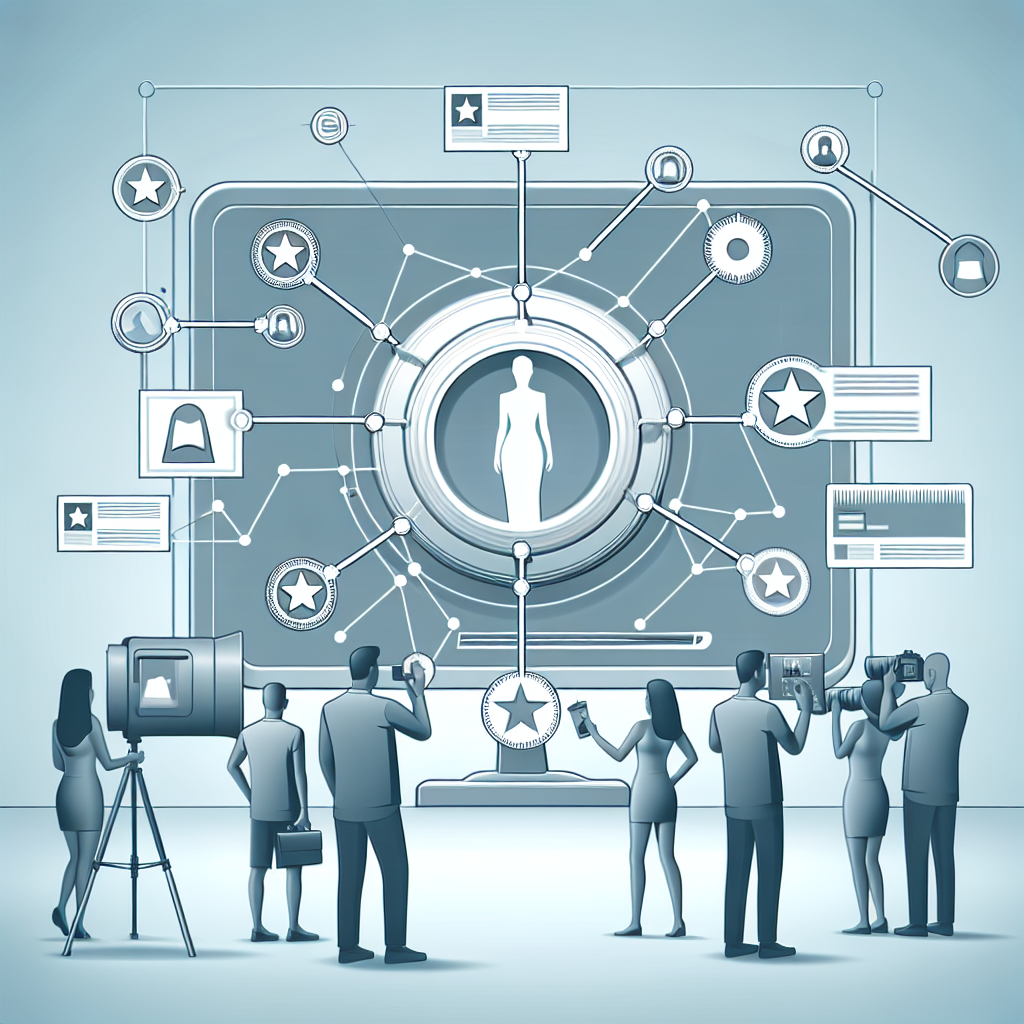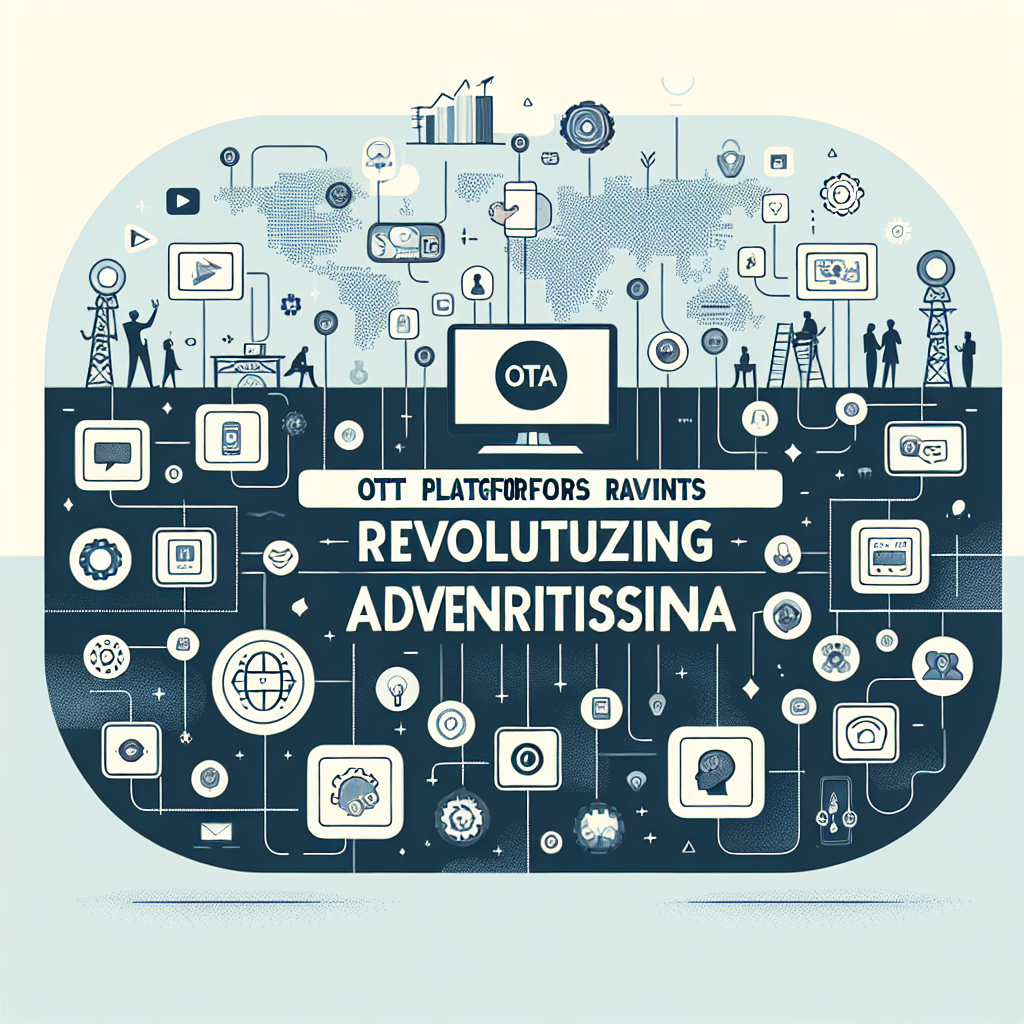Do Influencers Work for B2B Brands: Unlocking Professional Influence in Business Markets
Last week, I had an enlightening conversation with David, a marketing director at a leading enterprise software company, who initially dismissed influencer marketing as irrelevant for B2B brands. David's perspective changed dramatically after witnessing a competitor's CEO secure a major client partnership following a LinkedIn post by an industry thought leader. This single endorsement generated more qualified leads than their entire quarter's traditional advertising spend. David's experience reflects a broader transformation in B2B marketing, where professional influence increasingly drives business decisions. His subsequent investigation into B2B influencer marketing revealed a sophisticated ecosystem of executives, educators, and domain experts who wield significant influence over business purchasing decisions through strategic content creation and thought leadership development.
Introduction: The Professional Influence Revolution in B2B Marketing
The B2B marketing landscape has undergone a fundamental transformation as business decision-makers increasingly rely on peer recommendations, expert insights, and thought leadership content to inform purchasing decisions. Traditional B2B marketing approaches, characterized by formal advertising and direct sales outreach, have become less effective as buyers seek authentic, expert-driven content that addresses specific business challenges and opportunities.
Research from the B2B Marketing Association indicates that 84% of business buyers begin their purchasing journey with peer recommendations or expert content rather than vendor communications. This shift has created unprecedented opportunities for B2B brands to leverage professional influence through strategic partnerships with industry executives, educators, and domain experts who possess credibility and reach within target business communities.
The effectiveness of B2B influencer marketing stems from its ability to provide authentic, expertise-driven content that addresses complex business challenges. Unlike consumer influence, which often relies on lifestyle aspiration or entertainment value, professional influence depends on demonstrated expertise, industry credibility, and practical problem-solving capabilities. This distinction requires fundamentally different approaches to influencer identification, collaboration, and content development.
Leading B2B brands have discovered that professional influence creates compound effects where individual thought leadership pieces build into broader brand authority that influences purchasing decisions across extended sales cycles. This transformation requires sophisticated understanding of professional networks, content consumption patterns, and decision-making processes that differ significantly from consumer markets.
1. Leveraging CxOs, Educators, and Domain Experts for Business Influence
The foundation of effective B2B influencer marketing lies in partnering with senior executives, industry educators, and recognized domain experts who possess both expertise and influence within target business communities. These professional influencers differ significantly from consumer influencers in their audience expectations, content approaches, and influence mechanisms.
C-suite executives represent particularly valuable B2B influencers due to their decision-making authority, industry connections, and credibility with peer executives. Research from the Executive Influence Institute demonstrates that content endorsed by C-level executives generates 67% higher engagement rates among business decision-makers compared to traditional marketing content. Their influence stems from practical experience, strategic perspective, and ability to address complex business challenges authentically.
Industry educators, including professors, consultants, and training specialists, provide exceptional value through their ability to explain complex concepts and provide objective analysis. These influencers possess deep expertise and teaching capabilities that enable them to create educational content that addresses specific business challenges while building brand credibility through association with respected educational institutions.
Domain experts, including consultants, analysts, and specialized practitioners, offer highly targeted influence within specific business areas. Their value lies in deep technical knowledge, practical experience, and ability to provide actionable insights that directly address business challenges. This specificity makes them particularly effective for reaching niche business audiences with specialized needs.
2. Optimizing LinkedIn, Podcasts, and Newsletters for Professional Engagement
Professional influence in B2B markets requires strategic utilization of platforms where business decision-makers actively consume content and engage with industry thought leaders. LinkedIn, industry podcasts, and professional newsletters represent the primary channels for reaching business audiences with expert-driven content.
LinkedIn serves as the dominant platform for professional influence, with over 900 million business professionals actively using the platform for industry insights, networking, and thought leadership consumption. The platform's algorithm prioritizes content from established professionals, making it particularly effective for B2B influencer marketing. Research from the LinkedIn Marketing Institute indicates that content shared by industry executives receives 5x higher engagement rates compared to branded content.
Industry podcasts have emerged as powerful platforms for professional influence, with 73% of business executives regularly consuming podcast content related to their industry or role. The long-form format enables deep exploration of complex topics while building authentic relationships between hosts, guests, and audiences. Successful B2B podcast partnerships often involve ongoing relationships rather than single appearances, creating sustained influence opportunities.
Professional newsletters, particularly those authored by industry experts, provide highly targeted reach to engaged business audiences. These publications often maintain excellent open rates and reader engagement because they consistently deliver valuable insights to specific professional communities. The credibility of newsletter authors transfers to brands that provide valuable content or insights through these channels.
3. Building Sustainable Thought Leadership Through Expert Partnerships
The ultimate objective of B2B influencer marketing involves building sustainable thought leadership that positions brands as trusted advisors and innovative solution providers within their industries. This requires long-term partnerships with professional influencers who can consistently communicate brand expertise and value propositions through authentic thought leadership content.
Thought leadership development through influencer partnerships involves creating content that addresses industry challenges, explores emerging trends, and provides practical solutions that demonstrate brand expertise. This content must provide genuine value to business audiences while subtly reinforcing brand positioning and capabilities. Research from the Thought Leadership Institute indicates that brands maintaining consistent thought leadership presence achieve 43% higher consideration rates among business buyers.
Sustainable thought leadership requires sophisticated content planning that balances brand messaging with expert insights and audience value. This involves developing content themes that align with business objectives while enabling influencer partners to maintain their authentic voice and expertise positioning. The most effective approaches involve collaborative content development where brands and influencers work together to create insights that neither could produce independently.
Long-term success requires building genuine relationships with professional influencers based on mutual value creation rather than transactional arrangements. This involves providing influencers with exclusive access to company insights, research, or executives while supporting their personal brand development through platform access and content collaboration opportunities.
Case Study: Microsoft's Professional Influence Strategy
Microsoft's approach to B2B influencer marketing demonstrates the power of strategic partnerships with professional influencers across multiple platforms and content formats. Rather than relying on traditional advertising, Microsoft has built extensive relationships with industry executives, consultants, and technology experts who authentically communicate the value of Microsoft solutions through thought leadership content.
The company's LinkedIn strategy involves partnering with C-suite executives and technology leaders who share insights about digital transformation, productivity optimization, and business innovation. These partnerships result in authentic conversations about business challenges and solutions that position Microsoft as a thought leader rather than simply a vendor.
Microsoft's podcast strategy includes partnerships with industry experts who host technology and business leadership shows. Rather than traditional advertising, Microsoft provides valuable insights and access to company executives, creating authentic content that addresses real business challenges while demonstrating Microsoft's expertise and solution capabilities.
The company's newsletter partnerships involve collaborating with industry publications and expert authors to provide insights about technology trends, business strategy, and innovation. These partnerships result in thoughtful content that educates business audiences while positioning Microsoft as a trusted advisor and solution provider.
Results demonstrate the effectiveness of professional influence strategies, with Microsoft achieving 78% higher brand consideration among enterprise buyers compared to traditional advertising approaches. More significantly, the company's thought leadership presence has created sustainable competitive advantages that influence purchasing decisions across extended B2B sales cycles.
Conclusion: The Professional Influence Opportunity
B2B influencer marketing represents a fundamental shift from traditional advertising toward authentic, expertise-driven influence that resonates with business decision-makers. Brands that master professional influence through strategic partnerships with executives, educators, and domain experts will create sustainable competitive advantages in increasingly complex business markets.
The future of B2B marketing belongs to brands that recognize professional influence as a strategic capability rather than tactical activity. This requires investment in relationship building, content collaboration, and thought leadership development that supports long-term business objectives rather than short-term campaign goals.
As business buying processes become more complex and decision-makers seek authentic expertise to inform their choices, the ability to leverage professional influence will distinguish successful brands from those struggling with traditional marketing approaches.
Call to Action
B2B marketing leaders should begin by identifying key professional influencers within their industry who possess credibility and reach among target business audiences. Develop comprehensive content strategies that leverage LinkedIn, podcasts, and newsletters to reach business decision-makers with expert-driven insights. Most importantly, invest in building genuine relationships with professional influencers based on mutual value creation rather than transactional arrangements. The competitive advantage belongs to brands that recognize professional influence as essential for modern B2B marketing success.
Featured Blogs
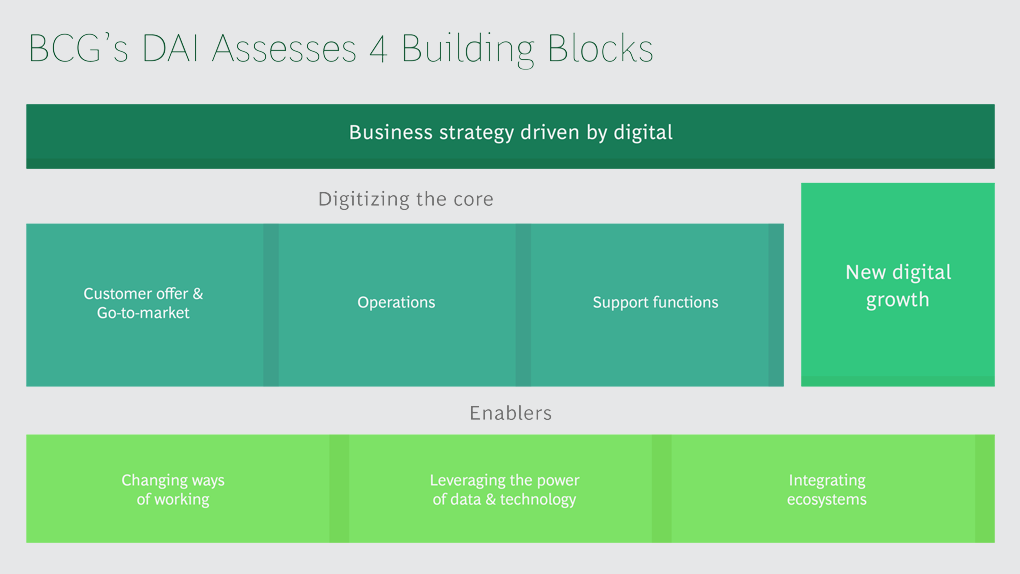
BCG Digital Acceleration Index
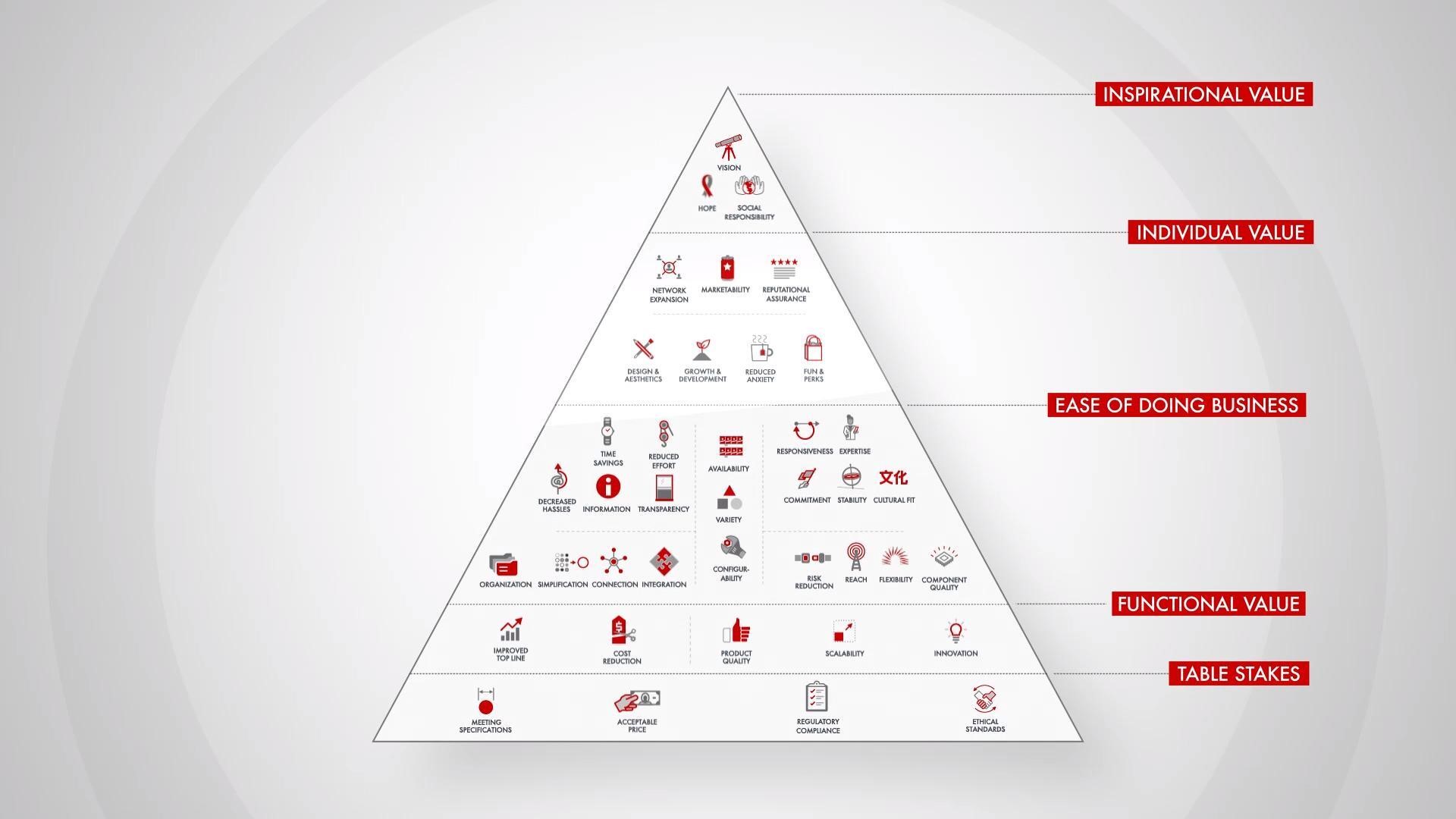
Bain’s Elements of Value Framework
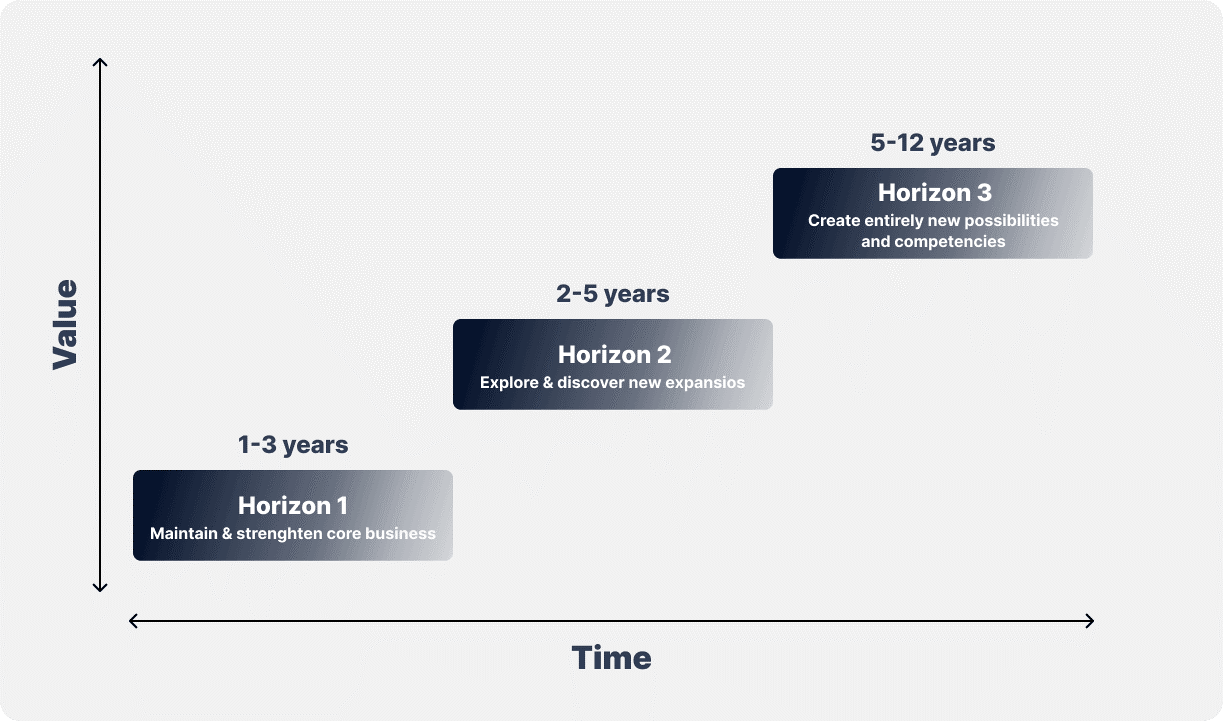
McKinsey Growth Pyramid
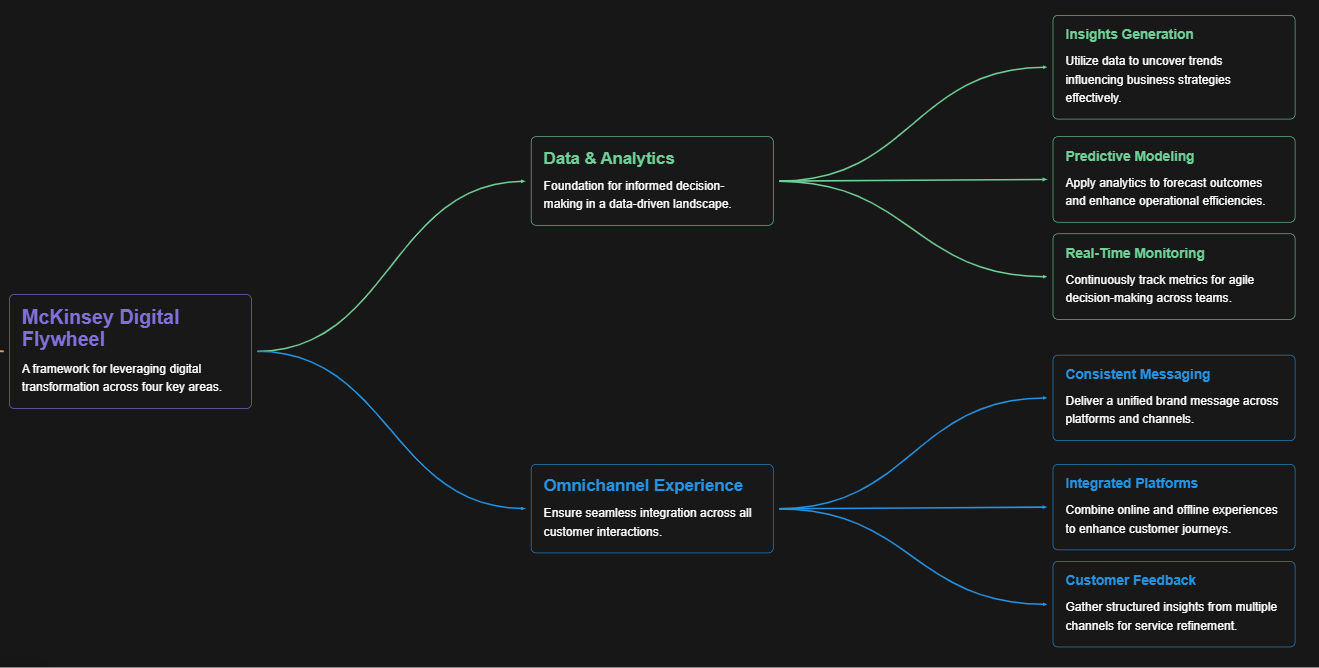
McKinsey Digital Flywheel
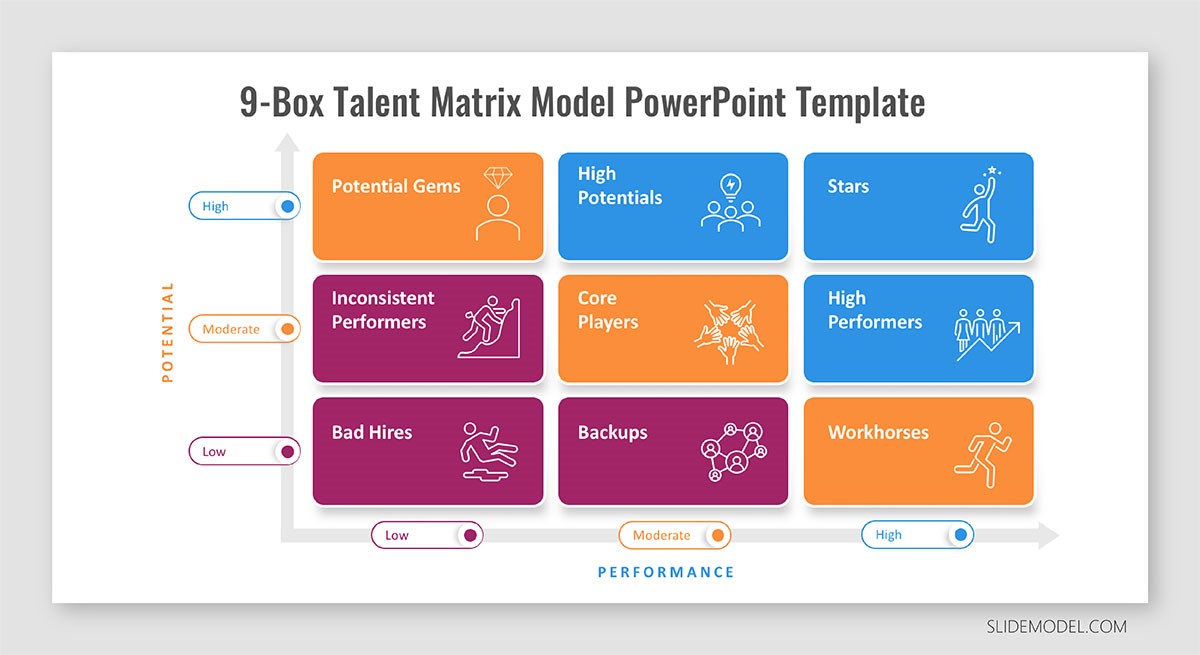
McKinsey 9-Box Talent Matrix
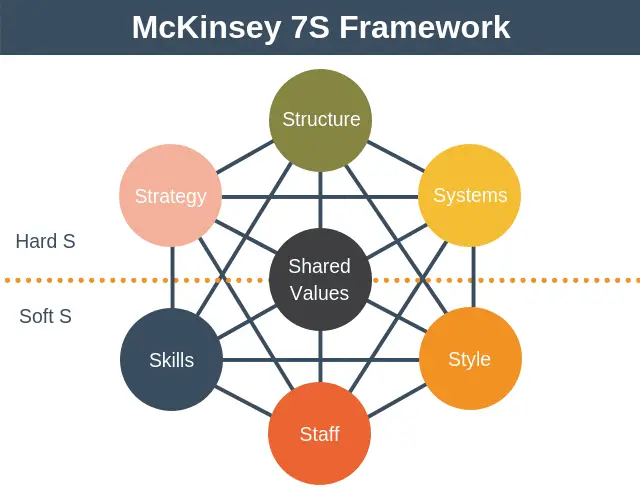
McKinsey 7S Framework
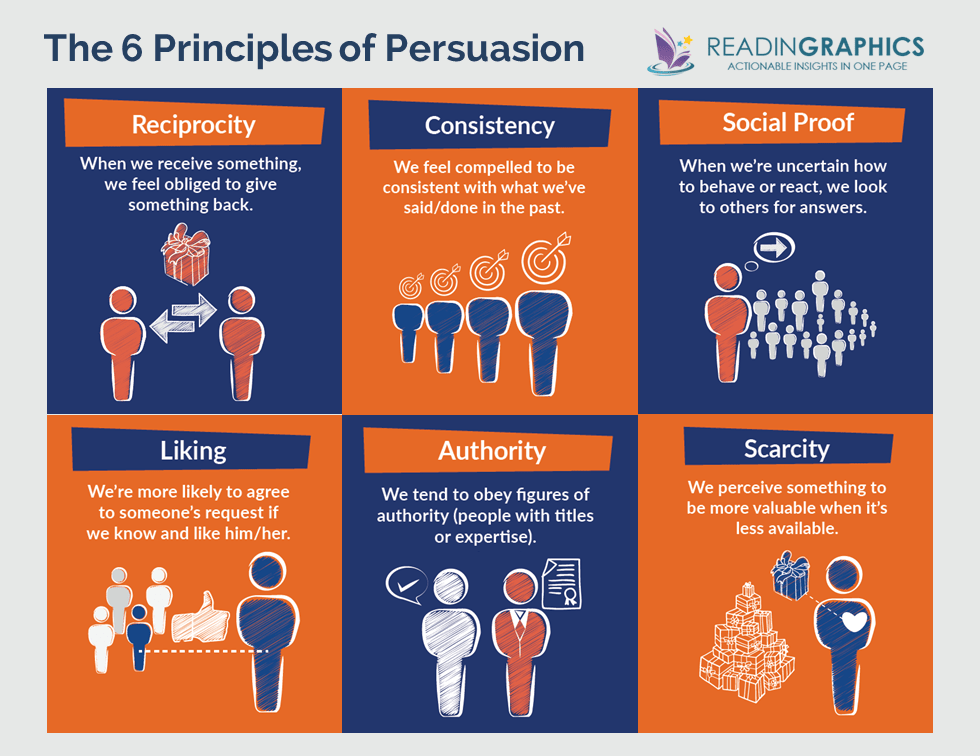
The Psychology of Persuasion in Marketing
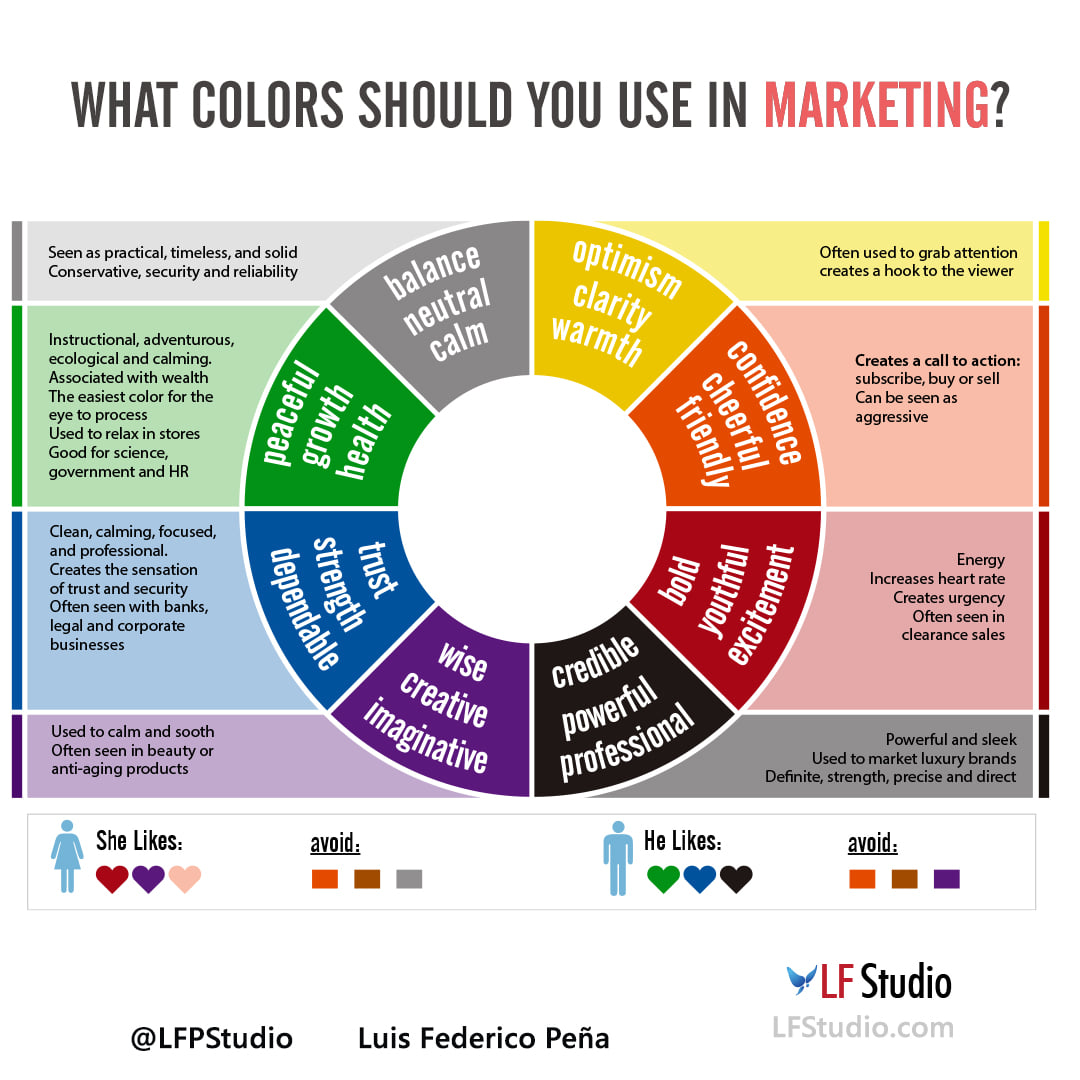
The Influence of Colors on Branding and Marketing Psychology



